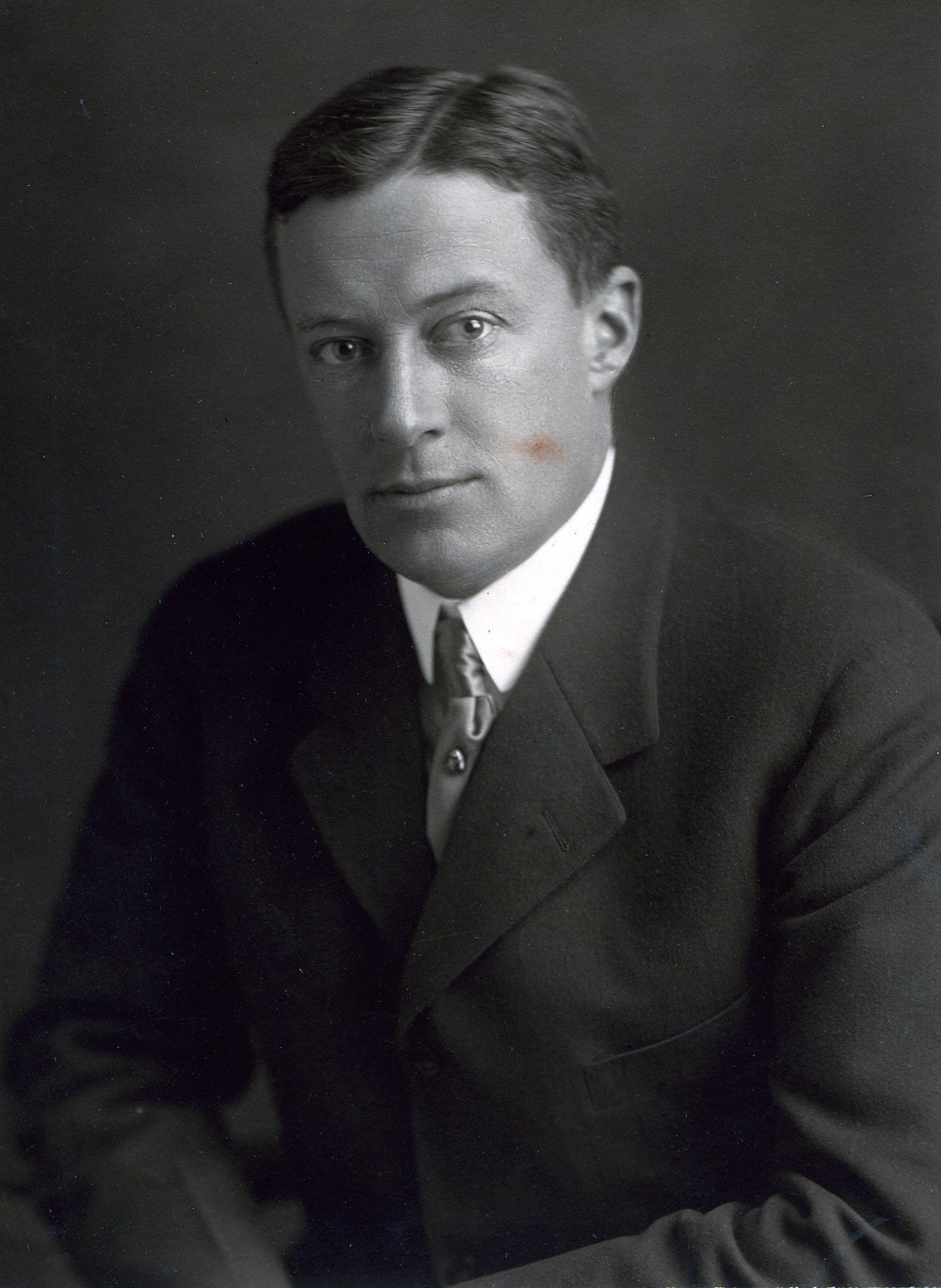Banker/U.S. Senator
Centurion, 1916–1949
Born 19 February 1869 in New York Mills, New York
Died 27 April 1949 in Stamford, Connecticut
Buried Center Cemetery , Norfolk, Connecticut
, Norfolk, Connecticut
Proposed by Frank M. Chapman and Thomas Thacher
Elected 1 April 1916 at age forty-seven
Century Memorial
Frederic Collin Walcott. [Born] 1869. Banker, industrialist. United States Senator.
He had the ability to make all the money he needed or wanted without devoting very much of his mind or time to it. What he devoted his mind and time to were in two main streams: first to improving the environment of man and secondly to improving the lot of man himself. In the line of the first he was an ardent and effective conservationist; he was Fish and Game Commissioner of Connecticut for many years; he made many scientific explorations in South America; his home place at Norfolk was made a game and bird sanctuary, in the line of the second, he was Mr. Hoover’s right arm in Belgium and Poland in the First World War; he was state Welfare Commissioner of Connecticut in the days of the Great Depression.
But the important fact about him is that, in these days when it is easy, because the climate is such, to deal with the phenomena of the mass and to forget the individual, Fred Walcott remained the friend of individual man. In witness whereof, I shall tell you a personal story—the only one I ever have told you:
Following the first World War there was a terribly injured young naval officer in the Brooklyn Naval Hospital. He was no hero: his injuries were simply the result of an accident aboard ship. He had fracture of both legs and an arm, he had any number of broken ribs, and when the doctors put on his casts it was like making him a suit of clothes. He knew, in these parts, only three persons, one of whom, Mr. Walcott, he had met once, only for an hour. Encased in plaster, ill, numb with pain, the young man had some doubts that the future could be good. Certainly he was not a good risk; most certainly he was not a banker’s risk at all.
Yet to this young man—so broken, so ill, so helpless and hopeless—Banker Walcott sent a message and the message was this:
That if the young man could use a couple of thousand dollars a year for a few years until he got on his feet, Mr. Walcott would be honored to supply them, on any terms or on no terms at all.
That then young man will tell you, with a pride that is perhaps too fierce, that he accepted not one cent from Mr. Walcott nor from anybody else; but he will also assure you that he recovered fast from the date of that message; he could not let Mr. Walcott’s confidence down.
And the most moving message the former young man got when you elected him to the great office of Secretary of the Century five years ago was this one from Mr. Walcott: “I see again that I was not wrong in 1919.”
My swan song as Secretary of the Century thus is ended; and I have ended it by telling you of myself. My life has been a succession of miracles flowing from friendship—of which Mr. Walcott’s miracle of confident hope, when there was no hope, was the greatest, and your miracle of choosing me to be your Secretary when I had no visible qualifications—of position, of seniority and certainly not of name—was another. If you should feel now any part of what Mr. Walcott said in 1945, I shall retire content.
Source: Henry Allen Moe Papers, Mss.B.M722. Reproduced by permission of American Philosophical Society Library & Museum, Philadelphia
Henry Allen Moe
Henry Allen Moe Papers, 1949 Memorials

